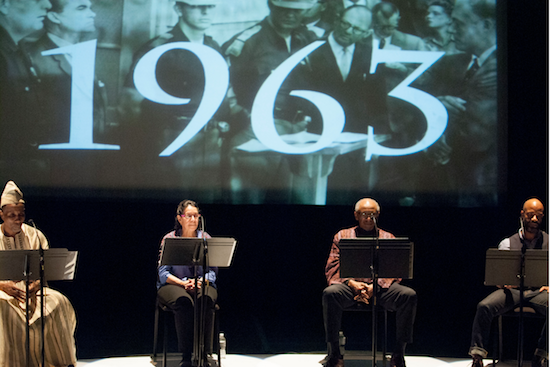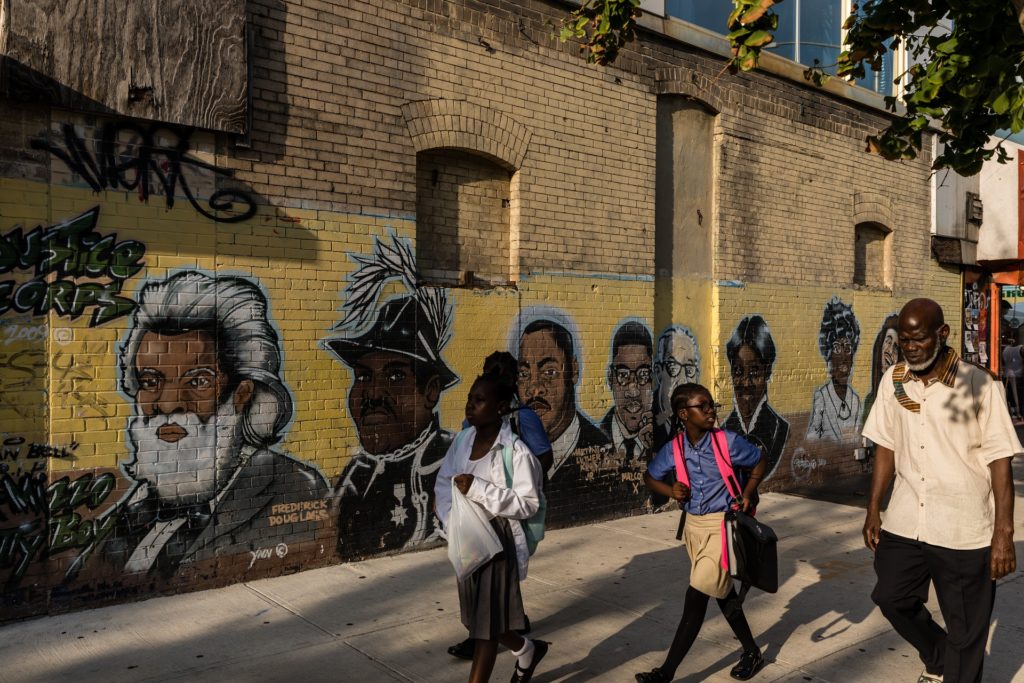BEAT Festival to feature Civil Rights stories
‘Brooklyn ’63’ highlights Brooklyn-based activists

After a successful inaugural season, the BEAT Festival returns this September to celebrate Brooklyn’s emerging artists in theater, dance, and voice. With pop-up performances taking place across the borough from September 12-21, this year’s festival will focus on site-specific, journey-based events in non-traditional Brooklyn venues.
Among the critically acclaimed groups participating this year is Ping Chong + Company/651 ARTS, which will perform “Brooklyn ’63”. This production will bring to life true stories of Brooklyn-based activists, witnesses and those who inherited the legacy of a generation of civic action. Created by Ping Chong, an internationally renowned theater director, choreographer and visual artist, “Brooklyn ’63” depicts a much forgotten history of community and social activism that took place in 1963 Brooklyn, when borough residents’ efforts crossed racial, religious and ethnic boundaries to foster social change.
